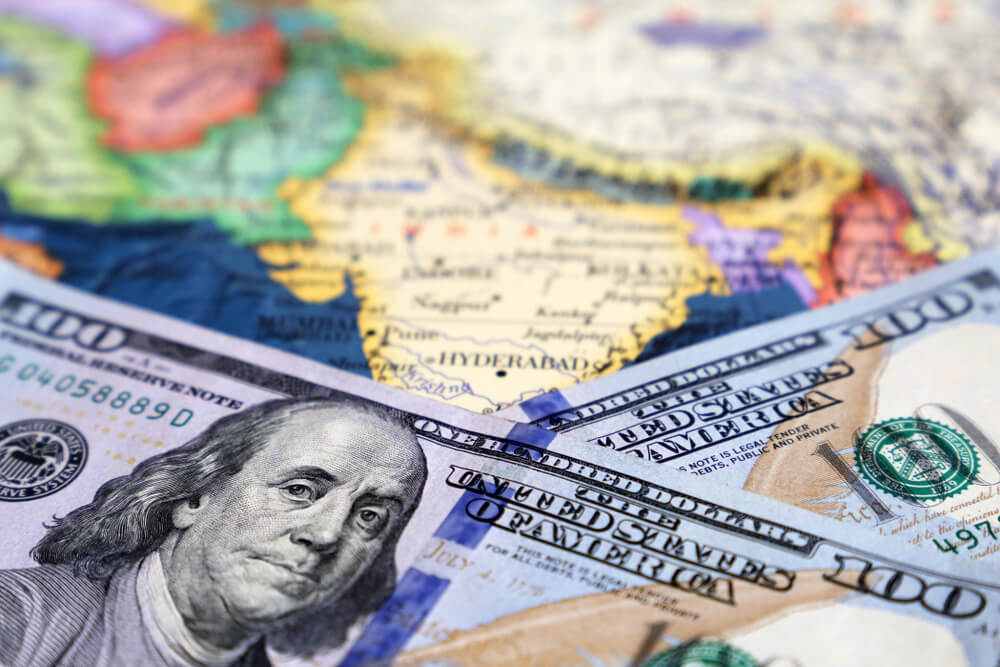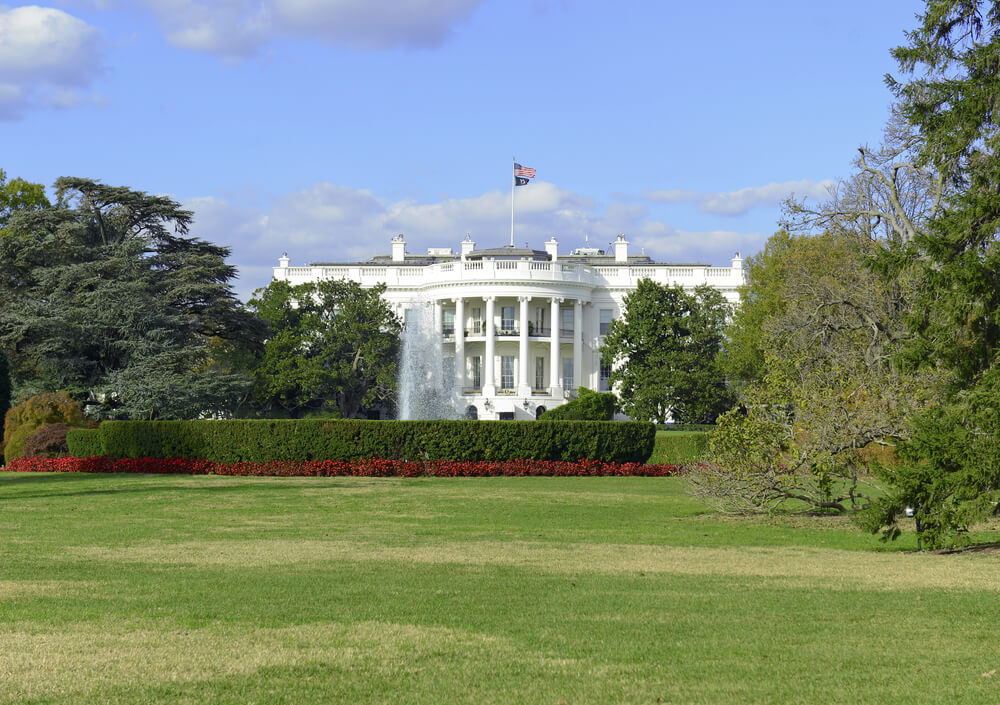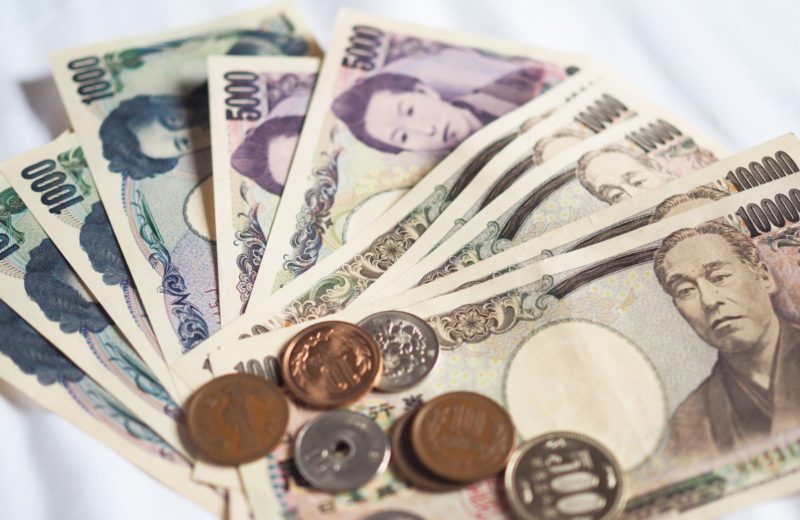The dollar rose on Friday morning in Asia, lifted by higher U.S. Treasury yields.
By 10:15 PM ET (2:15AM GMT), the U.S. Dollar Index gained 0.12% to reach 90.632. The U.S. 10 Year Treasury Yield edged up overnight.
The USD/JPY pair added 0.26% to 104.48, while the USD/CNY pair also gained 0.26% to 6.4656.
Antipodean currencies, the Aussie and New Zealand dollar both lost ground to the greenback. The AUD/USD pair fell 0.35% to 0.7652, and the NZD/USD pair also fell 0.11% to 0.7160.
Analysts expect the greenback will be on a downward trajectory despite the morning’s small gain.
Investors are awaiting news from U.S. President Joe Biden’s fiscal spending package. They worry that the proposed $1.9 trillion deal will not end up being as large as expected.
Cargill, Deutsche Bank Among Firms Accused of FX Speculation
In Taiwan, Cargill Inc and Deutsche Bank AG are among a group of major foreign companies under probe. It is for speculating on the surging local currency last year which hindered the central bank’s efforts to rein in a rampant forex market.
Eight of Asia’s leading food traders built a combined $11 billion in their Taiwan dollar deliverable forward positions. That was as of the end of July, with the help of six overseas banks. This was a statement from the central bank last week.
Cargill and Louis Dreyfus Co. were part of it. Deutsche Bank, Citigroup Inc., JPMorgan Chase & Co., and Standard Chartered Plc, were also included. Also being investigated were ING Groep NV and Australia & New Zealand Banking Group Ltd.
The central bank said the positions were based on overseas physical grain trades. Those trades were deliberately transacted via their Taiwan units to speculate on the local currency affecting market stability.
By the end of July last year, the companies, which the central bank has not identified, had ceased the trades. The central bank will soon announce punishments for four of the banks. It has reportedly settled already with two other lenders.
The monetary authority can’t sanction the grain firms. However, it is preparing to hand over detailed information about the case to other government agencies. These include the finance ministry and the main financial regulator, to allow them to further investigate the companies.
Some of the trades were at least specifically designed to profit from the rising Taiwan dollar. This presented a direct challenge to the central bank as it battled to contain a rapidly rising currency. That is in its efforts to maintain a stable financial environment for its export-dependent economy.
















